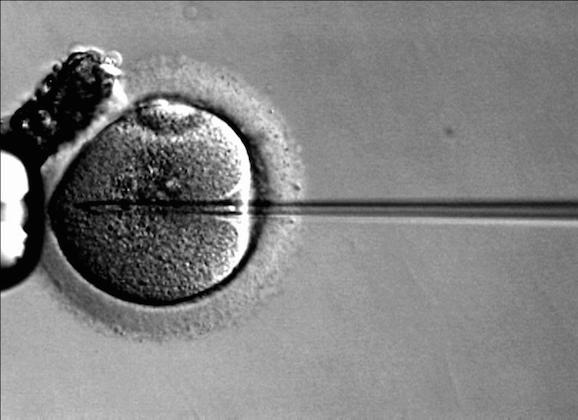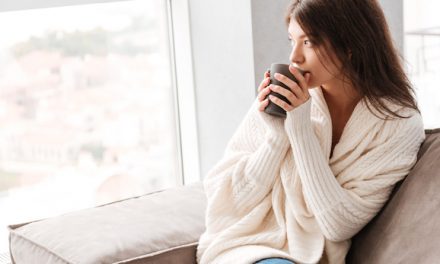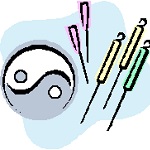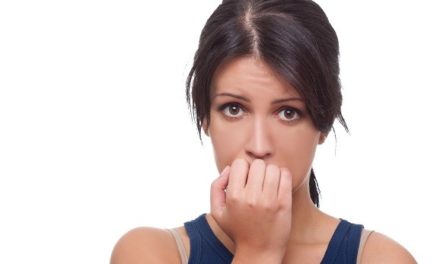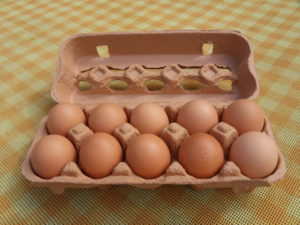 I recently began toying with the idea of donating my eggs. There is a humbling feeling about helping out a couple who desperately want a child, but cannot naturally conceive.
I recently began toying with the idea of donating my eggs. There is a humbling feeling about helping out a couple who desperately want a child, but cannot naturally conceive.
The qualifications are pretty consistent regardless of what clinic you choose. You must be between the ages of 18 to 29-years-old, a non-smoker, and in good health. The screening is more detailed than I can transcribe, but overall if you are a healthy individual, you meet the first set of criteria.
You must wait until a couple chooses you to be their donor. Once selected, you will go through a process where your ovulation cycle is closely watched, undergo hormone therapy, and when your eggs are ready, put under a light anesthetic to have your eggs retrieved.
The process seemed manageable and thoughtful so, I began to read articles written by women who donated eggs and chronicled their journey. Many women were college students driven by the 3,500 dollar compensation received after one cycle.
But what was insightful were the articles that described how some of the women emotionally felt after donating their eggs. Feelings ranged from “happy” and “would do it again,” to “once was enough.” One woman even explained the slight depression she felt years after donating, when she had her first child.
I have never felt emotionally connected to my uterus or eggs, and my life plan at the moment does not include becoming a mother. After thinking about egg donation, I decided the only reservation I had was not giving up an egg, it was how my body would react to the hormone therapy.
I told my mother about my plans to seek out a consultation. She was not thrilled.
“That’s your child!” she exclaimed, “and my grandchild. You have a responsibility to that child, that’s half of you out there.”
I couldn’t understand her reaction. My egg is just that, an egg, and every month my body rids itself of it. To me, it’s a bundle of DNA, not a human. There is no brain, no heart, no lungs. I would rather donate my eggs so a couple could potentially have a child, versus discarding my eggs for the sake of them being “mine.”
Gina Nicolosi did not have to use an egg donor, but her and her husband did have to use In Vitro to get pregnant after a childhood accident left Nicolosi with blocked fallopian tubes, strangled by scar tissue.
I explained my mother’s comment to Nicolosi, curious what her take on the idea was, knowing her personal story with fertility, and the outside methods she turned to in order to create a family.
“I’m on the opposite end of the spectrum,” Nicolosi said, “I think it’s a good thing to help others. It takes a very strong woman to be able to do that.”
Kris Contratto also had to rely on alternative methods.
“I don’t know if my eggs were bad, I just couldn’t get pregnant. And after four years of hormones, I was done,” Contratto said.
I have thought about the possibility of the child feeling disconnected from their parents, because biologically they are not 100 percent related to them, to which Contratto had a very insightful response.
“The sperm is coming from the father, and the mother still carries the child, she just can’t produce eggs, but she still goes through the birth, and the baby is hers.”
And in Contratto’s case, her son never questioned or felt as though he didn’t share his parents’ DNA. There was never an emotional disconnect.
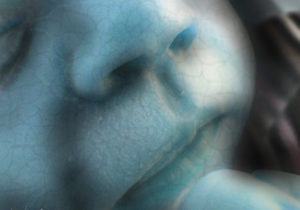 But one thing pointed out to me by numerous women I’ve spoken to is how they are not surprised my mom reacted the way she did, because you think of your eggs differently when one of them goes from just an egg to your child.
But one thing pointed out to me by numerous women I’ve spoken to is how they are not surprised my mom reacted the way she did, because you think of your eggs differently when one of them goes from just an egg to your child.
I think about the couples who have a wonderful, loving family because donors and doctors were willing to help. Or similarly adoption, and the children who wouldn’t have the life they have if it wasn’t for a couple loving and raising them as their own.
In the end, regardless if egg donation is something I will embark on or not, I still see the act of donating an egg as a selfless act, and giving a couple the opportunity to become parents is a beautiful thing.

